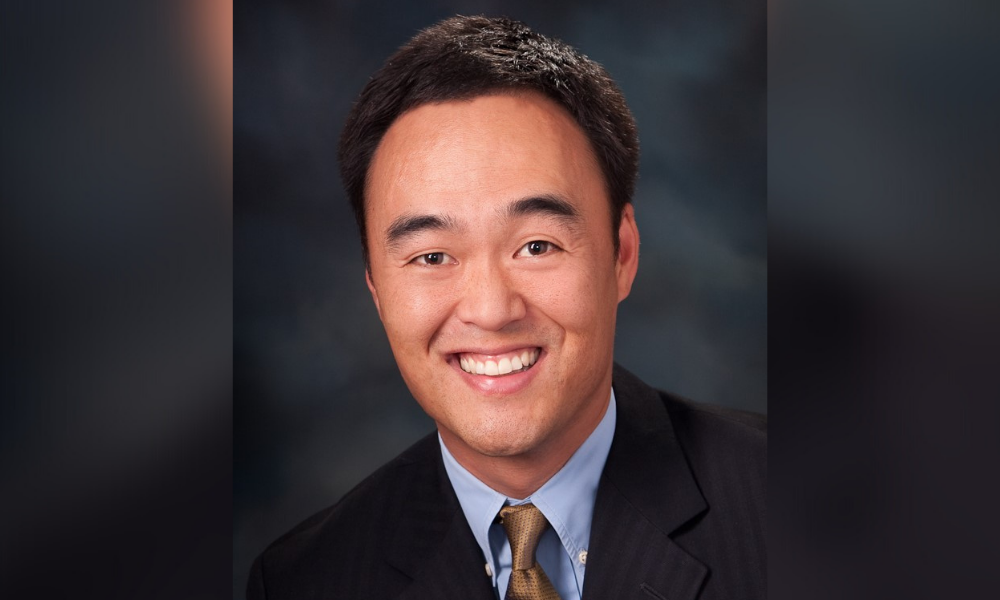Originators try to hold their nerve amid new challenges

Brokers consulted by MPA have expressed concerns about the housing market after mortgage rates rose sharply last week – with fears there could be more increases on the way.
The average interest rate jumped nine basis points on Thursday to 3.10% for fixed 30-year mortgages, which caused a shock among some brokers, particularly as the rate was below 3% just a week earlier.
Although mortgage rates do not follow the Federal Funds Rate, the sudden increase is widely seen as a reaction to the latest comments from the Federal Reserve’s chairman Jerome Powell, who indicated that the tapering of the Fed’s purchase of mortgage-backed bonds and the raising of rates would happen sooner than expected in November.
The Fed’s move is seen as an attempt to curb rising inflation, as well as a reaction to the drop in the number of COVID cases in the country.
Reuters reported that “nine of 18 Fed officials said they were ready to raise interest rates next year in response to inflation that the central bank now expects to run at 4.2% this year, more than double its 2% target rate”.
Some brokers, already having to adjust to the seasonal slow-down in the purchase market, expressed unease about the rate hike, as it will result in more expensive mortgages for clients – especially first-time buyers already grappling with the high cost of both new and existing homes.
Read more: Philly broker pulls out all the stops for lifetime renter
Speaking to MPA shortly after the rate rise was announced, Philadelphia-based broker Paul Kwon (pictured above) said clients had been decidedly jittery following the news.
“We’re working with prospective homebuyers that are either starting the process or are about to start the process. And you’ve quoted them one rate and then, suddenly, within a couple hours, the rates are a little bit higher. You never want to give a shocking update to customers,” he said.
Like all mortgage professionals, Kwon said he was fully aware the industry had benefitted from COVID with “rock bottom” interest rates but he pointed out that the increase, albeit moderate, had still come as a shock to clients.
The broker, who is also the owner of EA Lending, said: “We never like sudden increases - we like to see gradual ones. So, we had a bit of a bloodbath day yesterday with the bond market getting hit hard.”
“In my 20 years, I’ve seen it three times and usually it’s due to very dramatic economic news, but yesterday there was a little bit of a panic, with the Fed saying that they wanted to do some tapering.”
Since the start of the pandemic, the Fed has been buying $120 billion a month of Treasuries and mortgage-backed securities to support the economy, much of which has been used to bolster the mortgage industry and allow lenders to maintain low interest rates.
Kwon said the job of brokers now involved having to educate customers and prepare them for the fact that rates were going to increase.
He said: “It’s tough. A lot of people don’t understand what’s happening and start panicking.
“Communication is key. It’s time consuming, but it’s something that we have to do because most people are not going to fully understand by turning on the television or reading the news these days. So, our job is even more important in times like these.”
He revealed that it was not just customers who had reacted nervously to the news but younger and relatively inexperienced colleagues who had not previously witnessed such market conditions.
He said: “For somebody that’s been in the business only a couple of years, they don’t know anything other than low, low rates. So as a broker owner, you also have to educate some of your beginners and explain what happens in a higher interest rate environment.”
He conceded that rates were still low, however, and that although home prices were still very high, he said it was still “a good time to buy” because rates were going to increase next year.
Read more: A long journey’s end – and the mortgage broker who made it possible
Patrick Stoy, owner-broker of Wilmington-based MC Mortgage Group, said the rate hike meant brokers would have to readjust to new market conditions.
He said: “We’ll have concerns because rising interest rates will affect refinances from an affordability standpoint. It’s also less people doing business because purchases generally don’t happen during the winter as much.
“At the end of the day, it’s going to affect the mortgage industry because there will be less volume.”
He was relatively philosophical about the rate hike, however. “I’ve been doing this for 22 years and this is what it boils down to - rates float down like a feather, but they shoot up like a rocket.
“After the initial news is over, things will settle. We’ve all known (the rate rise) was coming, it’s just the pace of how things are moving.”
Whitney Bulbrook, the president of Carolina Ventures Mortgage, was more upbeat, both about the sudden rate hike, saying rates were “still incredibly low”, and the predicted seasonal slowdown.
She said: “It has been my experience that this time of year can be a bit slower for purchase closings. The market tends to pause with the weeks surrounding the start of school in late August.
“There are no more COVID underwriting guideline overlays, and with that easing, qualified buyers are sailing through to closing.
“Clients looking to refinance to lower their rate or perhaps consolidate some debt or complete home improvements, should take a look at financing now. Refinances can be done for around $900-$1,200 depending on if we need an appraisal report.”



